Reading and Writing: A Relationship for Life!
The English Faculty continue to suggest weekly reads, but we don’t want to miss the opportunity to promote writing activities too. The National Writing Project sums up the...
Filter by Category
Filter by Author

























































































































































































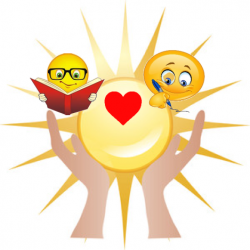
The English Faculty continue to suggest weekly reads, but we don’t want to miss the opportunity to promote writing activities too. The National Writing Project sums up the...
Posted by Lynn Court
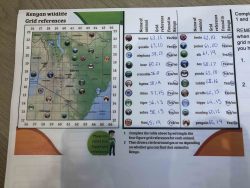
The geography department has been working incredibly hard to provide fun and engaging activities for all students to complete from home whilst still enriching them with...
Posted by Sarah Dunsby
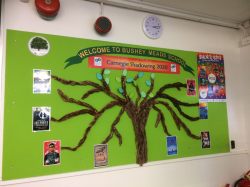
We have been very excited at Bushey Meads in anticipation of running a Carnegie Shadowing Group for the first time. Despite the constraints of school closure we are determined to...
Posted by Teresa Turton

Dear students, parents and carers, As we continue to raise the profile of STEM and get more students inspired to take part in STEM activities both within the curriculum and...
Posted by Suresh Varsani
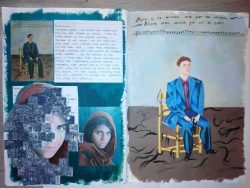
In such ‘interesting times’ I am so proud of the staff in the arts faculty and the work they are doing to keep our students at the forefront of arts education. A range...
Posted by Greg Knowles
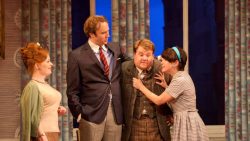
Earlier this month Bushey Meads drama students attended their first virtual theatre trip. At 7.00pm on Thursday April the 2nd, all GCSe and A-level drama students who were able to...
Posted by Greg Knowles
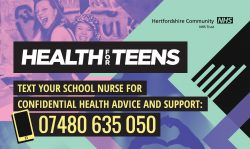
Posted by Beverly Biggerstaff

As many people find themselves looking for inspiration about what to do during extended periods at home, what better than read the books you’ve had on your list...
Posted by Lynn Court
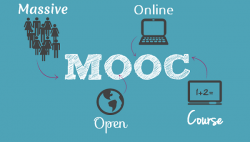
Before the Easter break I launched my MOOC (Massive Open Online Course) challenge to all stakeholders – this was partly to shame myself into completing my own MOOC. Having...
Posted by Sara Ash - Deputy Headteacher

Over the past week or so, there have been a growing number of stories of inspiration and hope for humanity and kindness. One such story in our own school community is that of the...
Posted by Suresh Varsani
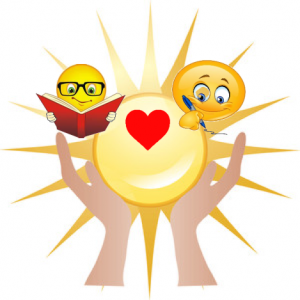 The English Faculty continue to suggest weekly reads, but we don’t want to miss the opportunity to promote writing activities too. The National Writing Project sums up the relationship between the two skills perfectly: ‘Writing and reading are closely related and, some would say, inseparable. Better writers tend to be better readers, and better readers produce better writing. It makes sense that the strategies children use to read are the same ones they use to write.’
The English Faculty continue to suggest weekly reads, but we don’t want to miss the opportunity to promote writing activities too. The National Writing Project sums up the relationship between the two skills perfectly: ‘Writing and reading are closely related and, some would say, inseparable. Better writers tend to be better readers, and better readers produce better writing. It makes sense that the strategies children use to read are the same ones they use to write.’
Over the years, Bushey Meads has been lucky enough to have had visits from a number of published authors. They have often talked about their approach to writing, which has ranged from very methodical, with a clear plan, character profiles, chapter outlines and computers covered in post it notes, to one who basically said they made it up as they went along…Not a method we generally promote with our less experienced burgeoning writers!
Writers well known for their fact-finding, include Frederick Forsyth (The Day of the Jackal…The Odessa File), who conducts the extensive research needed in order to write knowledgeably and with an authentic voice and Cormac McCarthy (All the Pretty Horses…The Road) who said “Books are made out of books.”
So if you wanted to create a piece of writing, what research could you do?
Author Joanna Penn suggests these things:
What if you have an idea for a piece of writing, but want to improve your skills? In these challenging times, many people will be turning to diaries and journals to record their own thoughts and feelings. The following free courses will enable you to learn more about how to express yourself in situations real or imagined:
Open University: Writing what you know 8hrs introductory level – free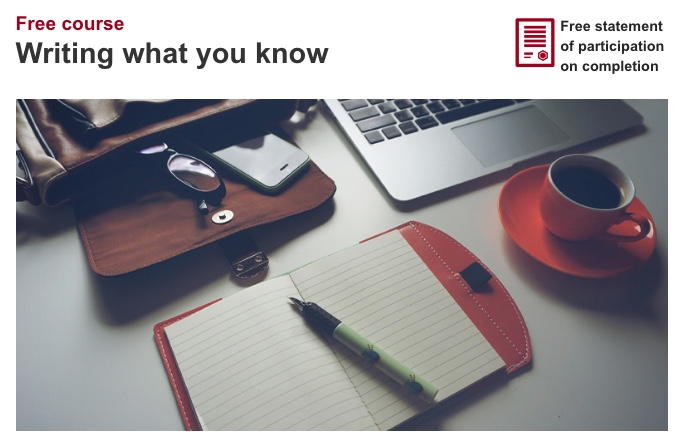
Open University: Start Writing Fiction 12 hrs introductory level – free (and supported by quizzes and PDFs of the materials)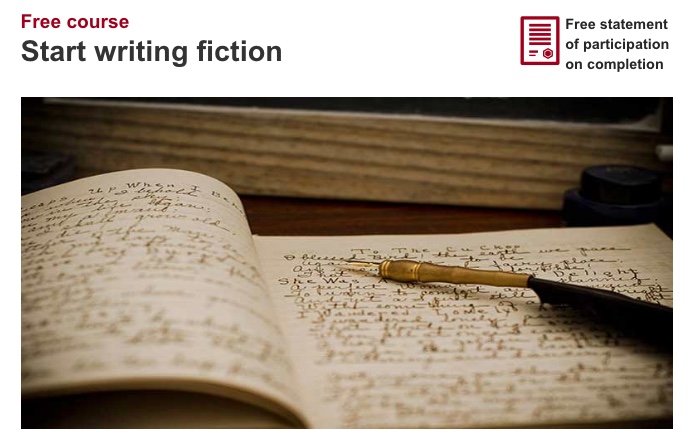
FutureLearn: How to make a Poem – starts 4th May
FutureLearn: How to write your first Song – starts 4th May
FutureLearn: Start Writing Fiction (suitable for 16+ only) – available now
And if anyone thinks their writing skills are sufficiently well-honed to write now, here is a competition: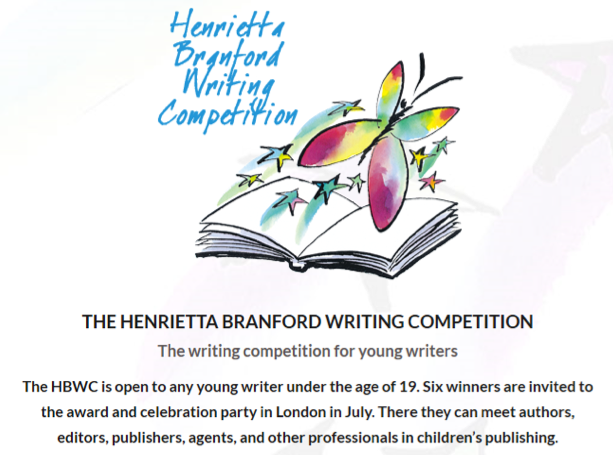
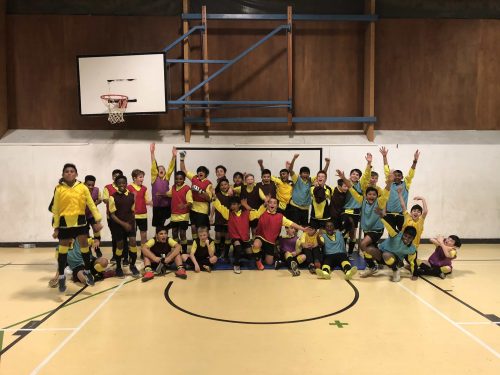
NEWS To round off a fantastic term of sport and physical activity the KS4 examinations groups enjoyed some enrichment trips in the final week of term. London Velopark Sports...